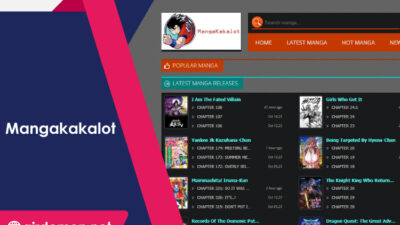The industry is expected to spend 15.9 billion by 2023 on blockchain solutions. This is a 15x increase over 5 years between 2023 and 2018 when the industry spent 1.5 billion.
Given blockchain’s groundbreaking features – immutability, transparency, and security, the increased pace of adoption isn’t surprising. These features are proving to usher in an era of more accountability and security in the industry with the help of apps (decentralized apps, smart contracts, and other industrial applications.
Table of Contents
Here are five prominent use-cases of the technology in the industry
- Smart contracts – Digital self-executing and self-maintaining contracts. This eliminates the need for intermediaries who oversee and ensure that terms and conditions are met before the fulfillment of payment or other expected services. Smart contracts add more transparency to the entire transaction and make the process more efficient.
Hyperledger, Corda, Ripple, etc. are some popular smart contract development platforms. Blockchain developers can build smart contracts using these platforms.
- Voting: Sierra Leone, in West Africa, became the first country to conduct elections on a blockchain-based device. Here, the immutability feature of the technology is in action. Leonardo Grammar used distributed ledger technology to store immutable votes and offer instant access to election results. Votes were recorded on Agora’s blockchain and were available publicly for anyone interested to review, count, and validate the votes.
- Food safety
Restaurants and food-related businesses had their fair share of chances of mishaps. In 2015, the E. Coli outbreak in North America caused due to eating celery in chicken salad. In 2013, hundreds of hens and pigs were culled due to eating contaminated food, leading to a ban on imports to China. In 2013, many children died and many fell sick after due to food poisoning, after eating food at school. The food was reported to contain pesticides.
The lack of transparency in the supply chain is noticeable at all levels of the food industry. Enterprises and blockchain development companies are working in collaboration to streamline the supply chain and make it transparent. Walmart, for instance, is collaborating with Hyperledger to track each food item on its shelves, starting from their origin to customers’ plates. This way it’s easier to pinpoint the source of food-borne illnesses and prevent measures that can be taken. It will also increase accountability among food producers, who will then act more responsibly.
- Cybersecurity
Data breaches cost enterprises millions of rupees. Not to mention, when data is exposed customers and enterprises are prone to various other risks as well. More than 3,800 data breaches were reported in the first six months of 2019, which exposed nearly 4.1 billion records, according to QuickView Data Breach Report.
Similarly, between January 1, 2018, and July 2, 2018, at least 668 breaches were reported that compromised billions of records. With six months, the number of attacks increased significantly. Enterprise security is getting stronger, but cybercriminals seem to find their way around security.
Blockchain technology has two main features that aid cybersecurity – immutability (cryptographic encryption) and decentralization (enabled by consensus protocols). All transactions are encrypted and stored after the successful completion of a consensus protocol across a peer-to-peer network.
Blockchain is a sophisticated technology. No surprise that the industry is struggling to meet the demand for high-caliber talent. While blockchain certifications from industry-recognizedd bodies is one way to identify good talent, hands-on experience of building robust and secure blockchain-based application is a true indicator of good talent.
- Healthcare
The Healthcare industry is a major benefactor of blockchain technology. Many global healthcare providers are in the process of setting up networks to store patient data which is present to anyone on the network. It would make it easier for hospitals to track ailments of a patient and their history without going through paper documents. Using digital records than paper will also save paper. IoMT (Internet of Medical Things) devices require a connection to a patient to track their vitals and store them in a decentralized blockchain database. This makes patient data record-keeping faster and more efficient.
All in all, blockchain technology has been garnering attention due to its unparalleled features. Above are just a few of the real-world applications of the technology. As the technology evolves, there will be more use-cases of the technology.
















Comments